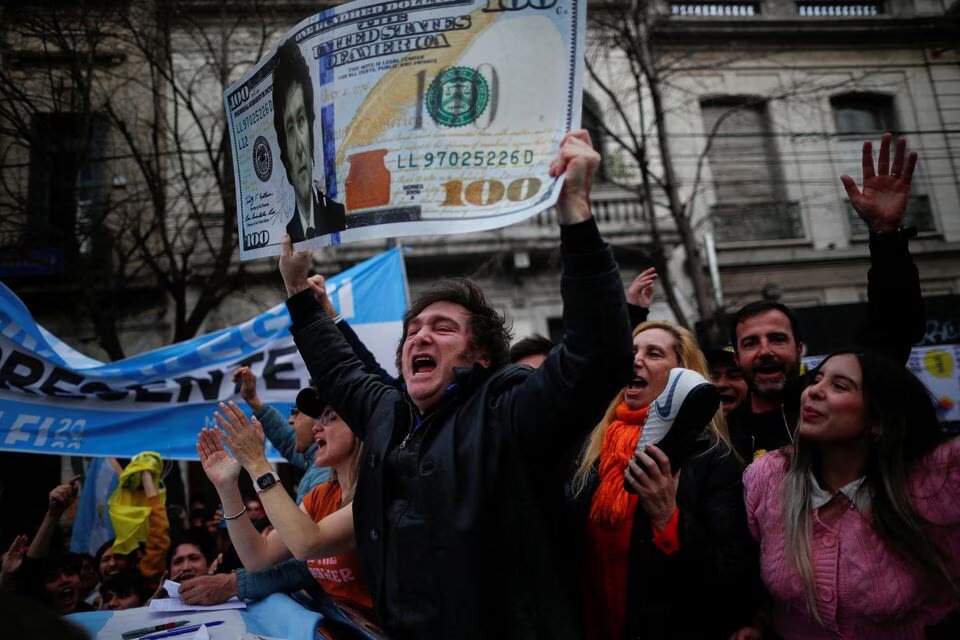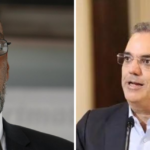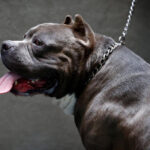BUENOS AIRES (Reuters) — Wielding a chainsaw above his head in the Argentine city of La Plata this week, radical presidential front-runner Javier Milei riled up thousands of supporters angry with 124% inflation and a painful cost-of-living crisis.
The economist and TV pundit only got into politics two years ago but he has already shaken up the South American nation’s political landscape, coming first in an open primary in August. With momentum behind him, he is seen as the candidate to beat in October’s election.
His angry, theatrical and at times expletive-laced tirades against the traditional political elite have caught fire with voters furious over years of economic volatility and decline, compounded more recently by soaring costs, a tumbling currency, and poverty that now affects 40% of the country.
“We need resounding change. We must remove all the people who have left this country destroyed,” said Rosalia Garcia, 51, a public accountant at Milei’s rally in La Plata, the capital of Buenos Aires province. Behind her was a sign that said “Milei, the only solution.”
Amid the crowd, Milei held aloft a huge $100 bill with his face on it, a reference to his pledge to dollarize the economy, a plan criticized by economists as unrealistic but that has won over some voters fed up with watching the value of their pesos evaporate.
He has also pledged to “dynamite” the unpopular central bank, take down the political “caste,” shrink the government, take a tough line on crime, and has railed against what he calls “woke” behavior. He opposes abortion and supports expanded gun rights.
“The political caste is afraid,” he yelled in La Plata.
Milei is up against conservative former security minister Patricia Bullrich and ruling Peronist party economy chief Sergio Massa, who has looked to gain ground with popular tax cuts for workers in the run-up to the Oct. 22 vote.
A candidate needs 45% of the vote – or over 40% with a ten-point lead – to win outright in October. Otherwise the top two will go to a November run-off. Milei got just under 30% in the August primary, just ahead of Bullrich and Massa.
While Milei’s aggressive style has put some voters off, his frenetic energy has appealed to others. Opinion polls show him likely coming first in October, though confidence in the forecasts is low after they failed to predict the primary race.
“I’m tired of the same old faces, of the same rulers,” said Eduardo Murchio, a Cabify driver in Buenos Aires, criticizing rising debt levels and inflation.
“This Argentina hurts me. It is an Argentina that no longer works. I’m 40 years old and it’s always the same story.”
Milei also appeals to younger generations who see little reason for optimism in the current climate.
Sebastian Pedrozo, 21, an economics and finance student in the capital, said he liked Milei’s libertarian plans to free up labor markets and dollarize, saying it offered more “stability” in a country where many already strive to save in greenbacks.
“That will allow all of us, young people, and I think also adults, to begin to look to the future a bit more,” he said.
Back in La Plata, high school student Roman Lopez, 16 – who will be a first-time voter this year – said he previously wasn’t interested in politics, but Milei’s energy had attracted him.
“All the presidents that came and went, I didn’t feel like they did anything. This one I see having drive, he has that desire to do something and change the country.”
Reporting by Horacio Soria and Juan Bustamante; Writing by Lucila Sigal; Editing by Eliana Raszewski and Rosalba O’Brien
Our Standards: The Thomson Reuters Trust Principles.



